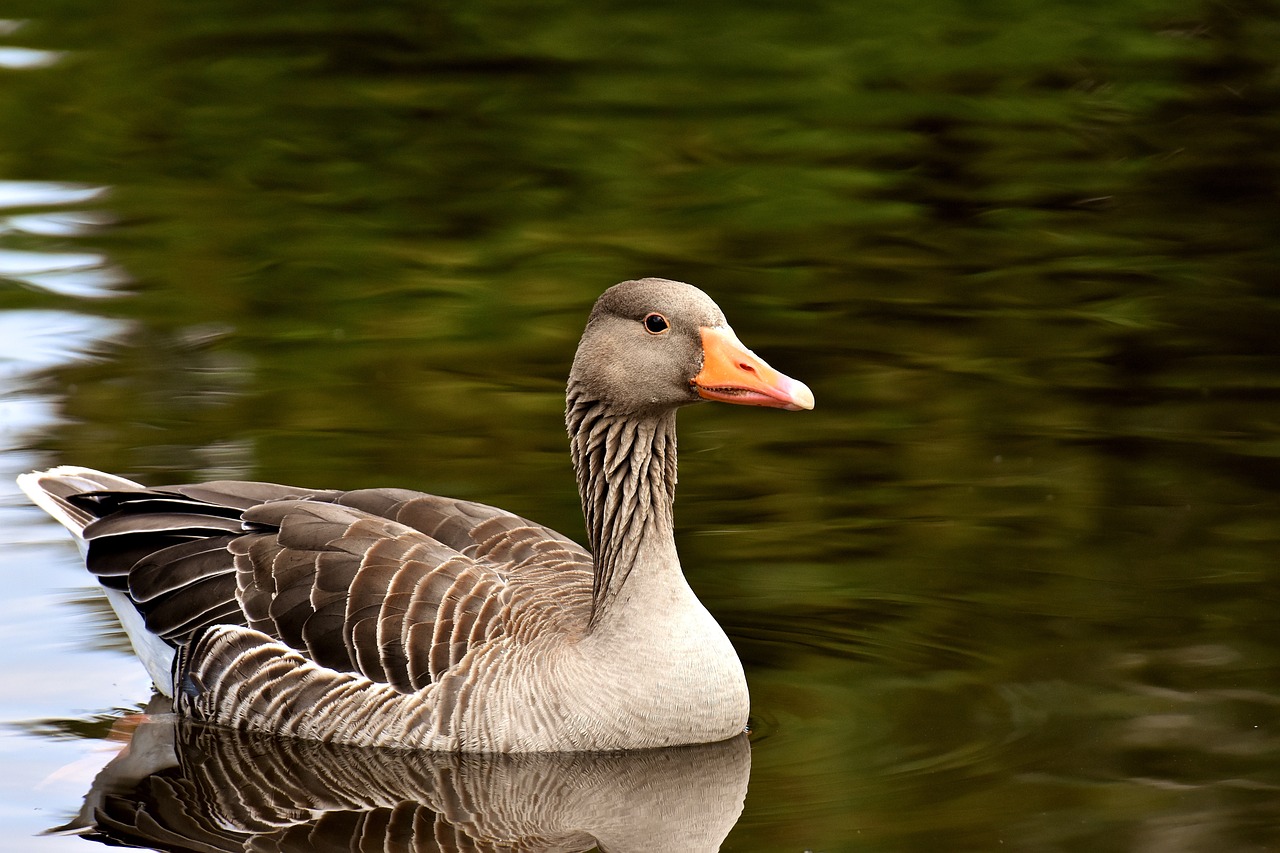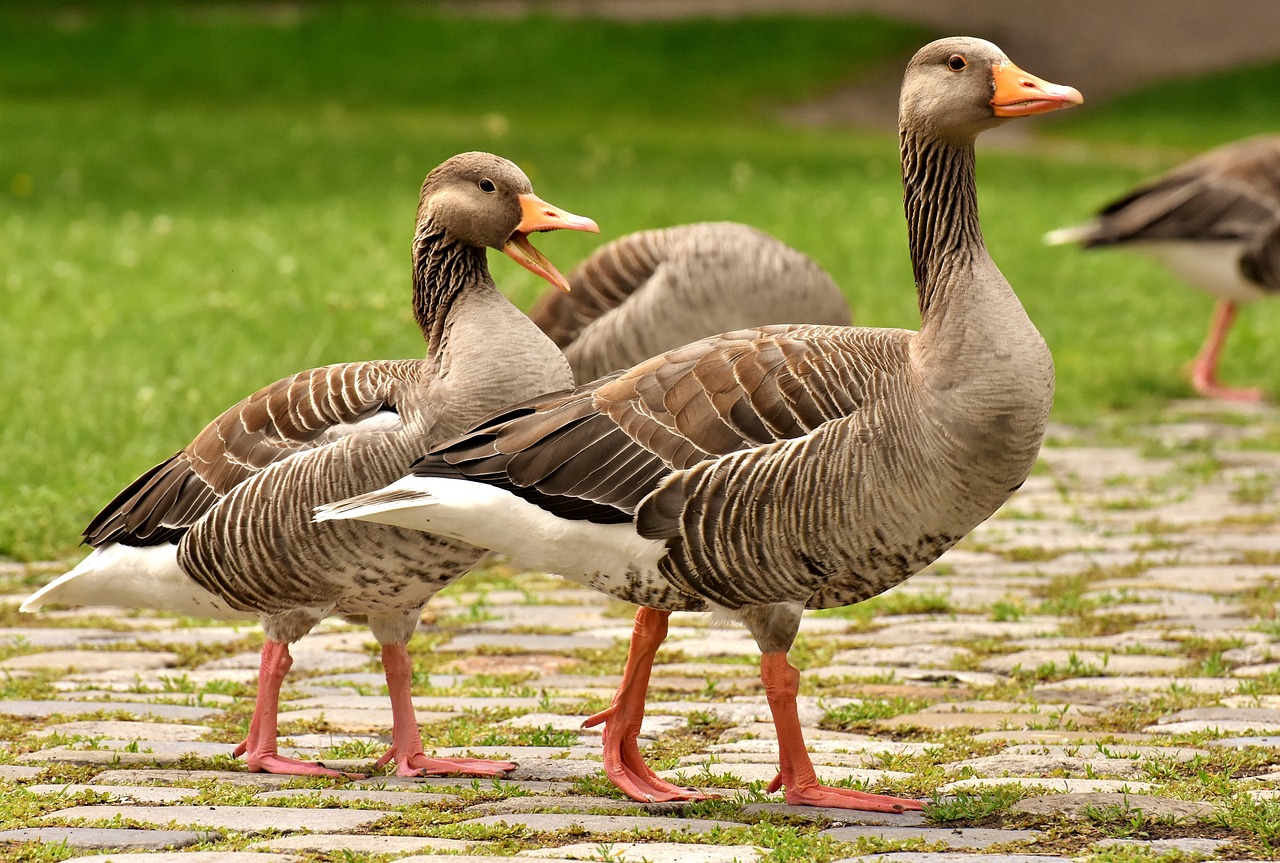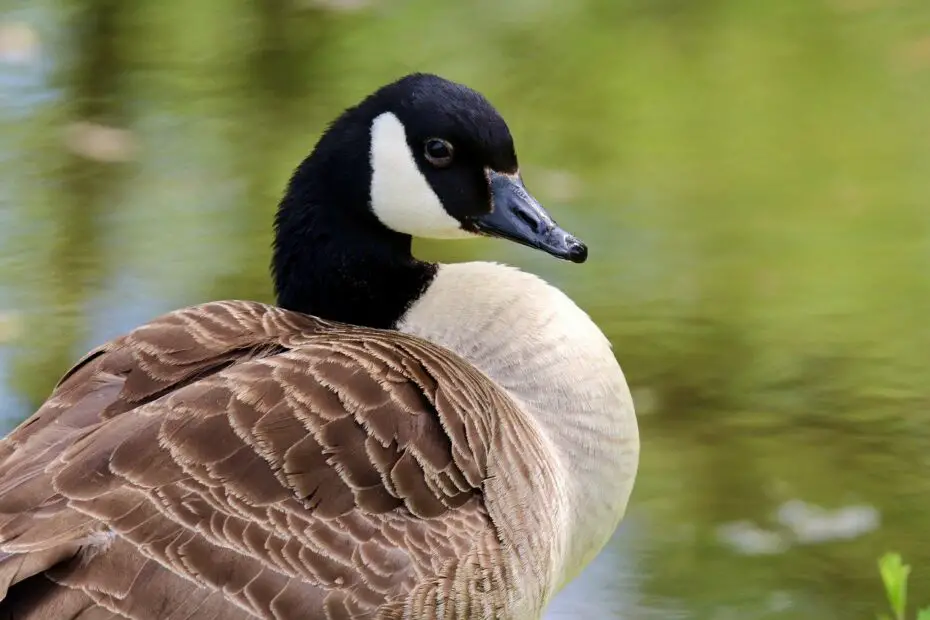Geese are widely recognized for their distinctive honking and impressive flight formations. However, these elegant birds are also known for their feisty behavior, including their propensity for biting. In this article, we delve into the world of goose bites, exploring the reasons behind this behavior, the physical characteristics that enable them to bite, and how to prevent and deal with such encounters.
You may also want to know if ball pythons are dangerous.
Why Do Geese Bite?
To understand goose bites, it is essential to recognize the reasons behind this behavior. Geese are protective of their territory and can become aggressive when they feel threatened or perceive someone as intruding. Biting serves as a means of defense and asserting dominance.

Physical Characteristics of Geese
Geese possess unique physical adaptations that make them capable of delivering bites. Their beaks are powerful and equipped with serrated edges, allowing them to grasp and inflict pain. Understanding their anatomy provides insights into why their bites can be intimidating.
Aggressive Behaviors of Geese
Goose bites are often associated with displays of aggression. These behaviors include hissing, flapping wings, charging, and aggressive posturing. Geese utilize these tactics to establish dominance, protect their nesting sites, or defend their young.
Instances of Goose Bites
Real-life encounters with aggressive geese are not uncommon. People who have come into close proximity with these birds have shared their experiences of being bitten. Their stories shed light on the unexpected nature of goose attacks and the potential impact of their bites.
Preventing Goose Bites
Prevention is key when it comes to avoiding goose bites. By understanding their behavior and habitat, individuals can take proactive measures to minimize the risk of encounters. Strategies include maintaining a respectful distance, avoiding nesting areas, and refraining from feeding or provoking geese.

Dealing with Goose Bites
In the unfortunate event of a goose bite, it is crucial to know how to respond. Proper first aid is essential to prevent infection and manage any potential injuries. Seeking medical attention should be considered if the bite is severe or if there are signs of infection.
Ecological Significance of Geese
Geese play a significant role in ecosystems. Their foraging habits and migrations contribute to the dispersal of seeds and nutrient cycling in wetland habitats. Understanding their ecological importance can foster a better appreciation for these fascinating birds.
In conclusion
Geese possess a feisty reputation, and their bites are not to be taken lightly. Understanding the reasons behind their biting behavior, their physical characteristics, and the factors that trigger their aggression is crucial for both our safety and their well-being. By respecting their space, avoiding provocation, and following preventive measures, we can minimize the risk of encountering aggressive geese and potential bites.
In instances where a goose bite does occur, prompt first aid and seeking medical attention, if necessary, are essential for preventing infections and ensuring proper wound care. It’s important to remember that not all geese are prone to biting, and most encounters with these birds are peaceful when they are given the space and respect they deserve.
While goose bites may be an annoyance or even a cause for concern, it is important to appreciate the ecological significance of geese. They play a vital role in ecosystems, contributing to seed dispersal and nutrient cycling in wetland habitats. By understanding and valuing their place in nature, we can foster a greater sense of coexistence and admiration for these remarkable birds.
Next time you encounter a goose, remember to observe from a safe distance, appreciate their beauty, and be mindful of their behavior. By promoting a harmonious relationship with these creatures, we can coexist with them in a way that respects their natural instincts and ensures our own safety.
FAQs
Q: Are all geese prone to biting? A: While not all geese bite, many can exhibit defensive behaviors when they feel threatened. It is essential to respect their space and observe them from a safe distance.
Q: Do geese bite out of defense or aggression? A: Geese primarily bite as a defensive response when they perceive a threat or intrusion. However, aggression can also be displayed during territorial disputes or when protecting their young.
Q: How common are goose bites? A: Goose bites are relatively uncommon but can occur in situations where geese feel provoked or threatened. Most encounters with geese are peaceful, provided they are given adequate space and respect.
Q: Can goose bites cause infections? A: Yes, goose bites have the potential to break the skin and introduce bacteria, increasing the risk of infection. Prompt cleaning and appropriate medical care are essential to minimize this risk.
Q: What should I do if I encounter an aggressive goose? A: If you encounter an aggressive goose, it is best to slowly and calmly back away without turning your back to the bird. Avoid making sudden movements or attempting to engage with the goose.
